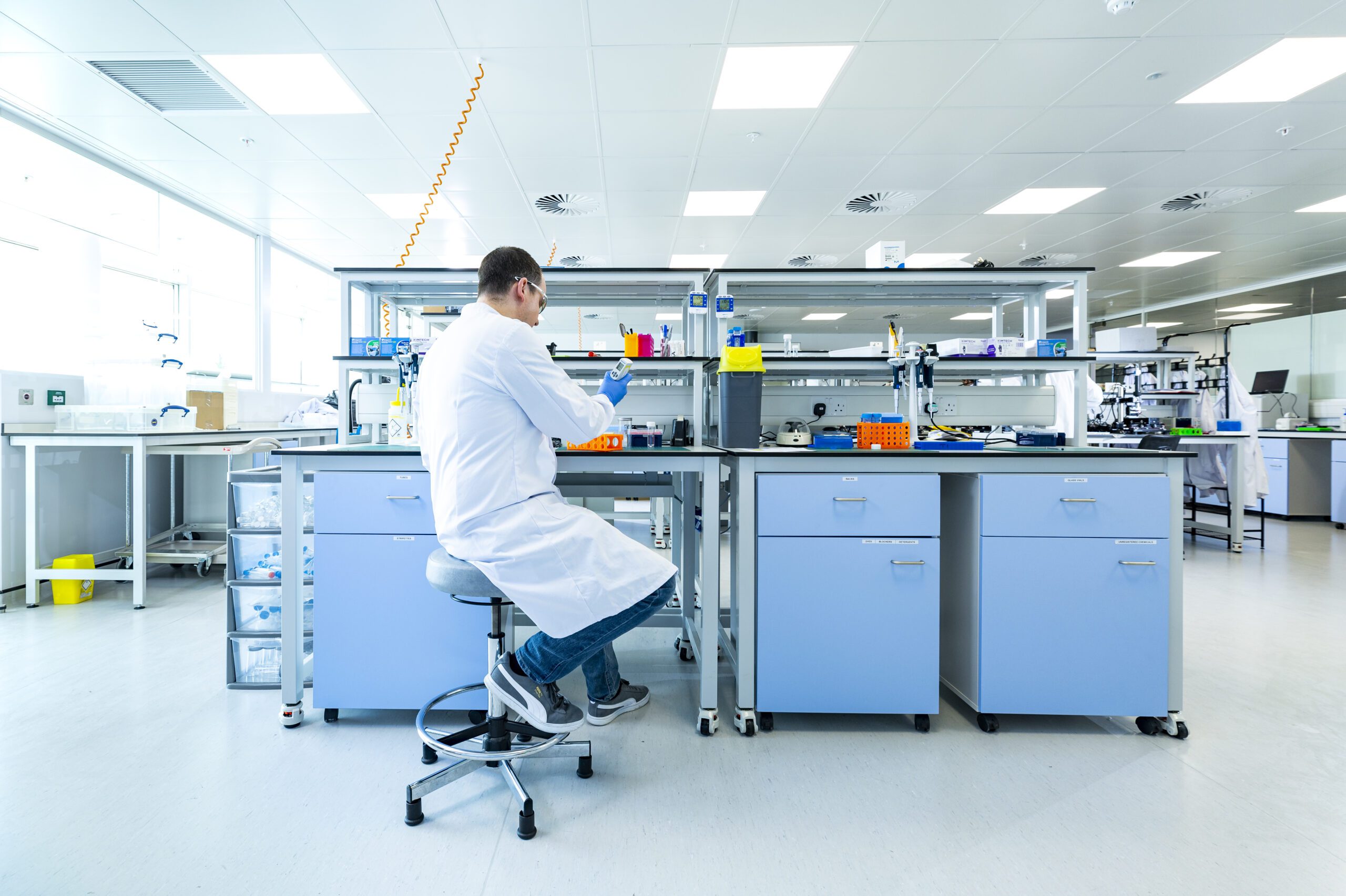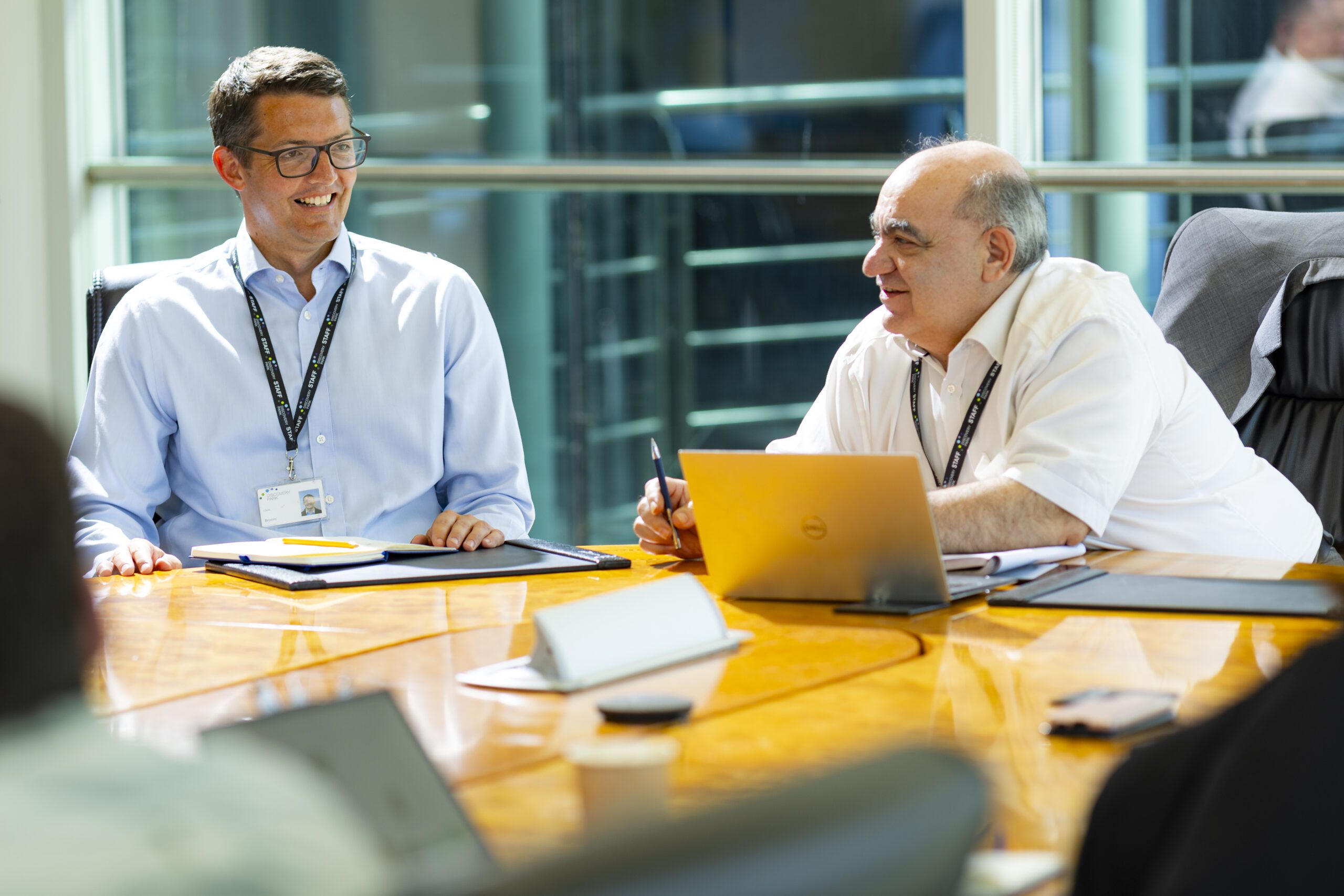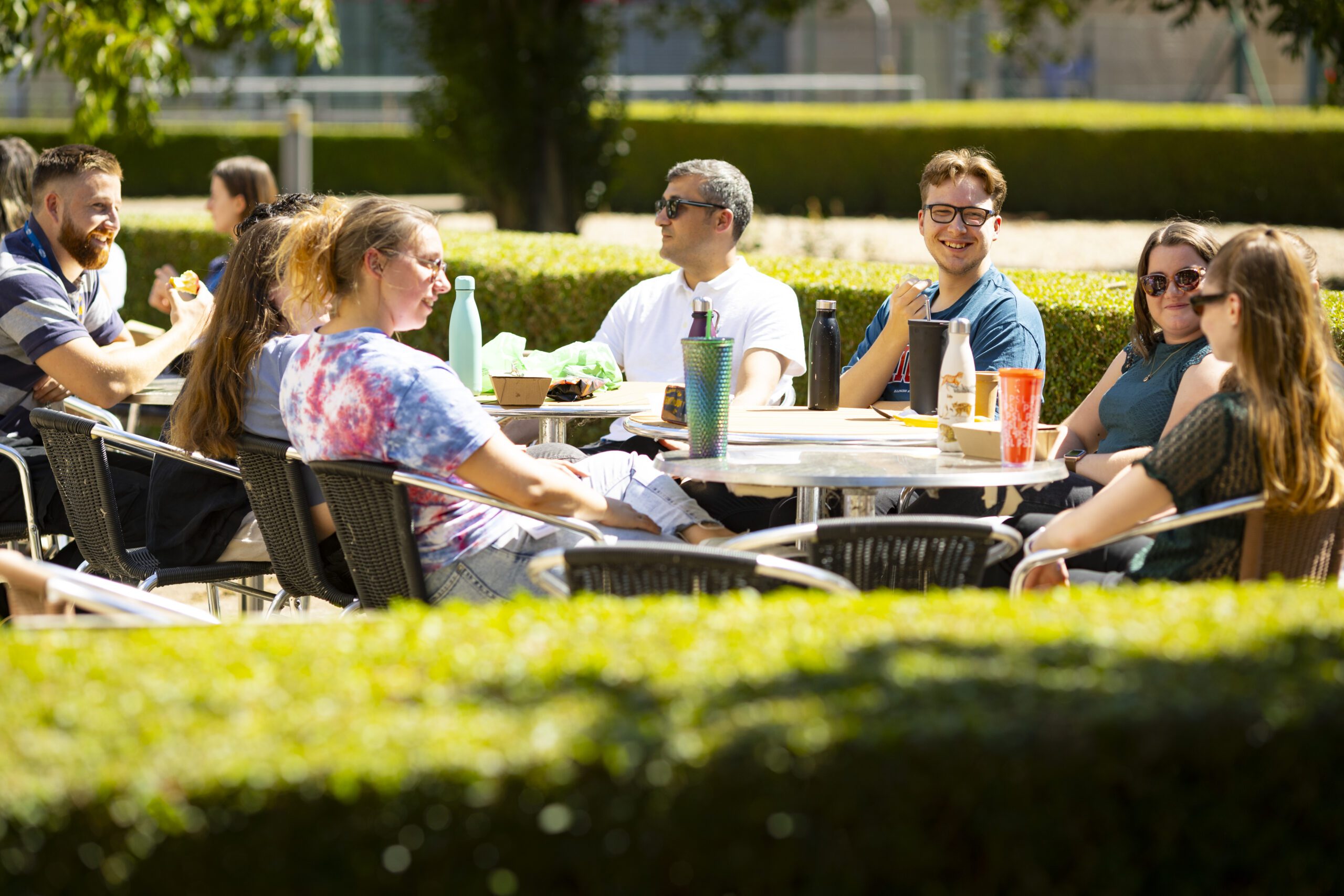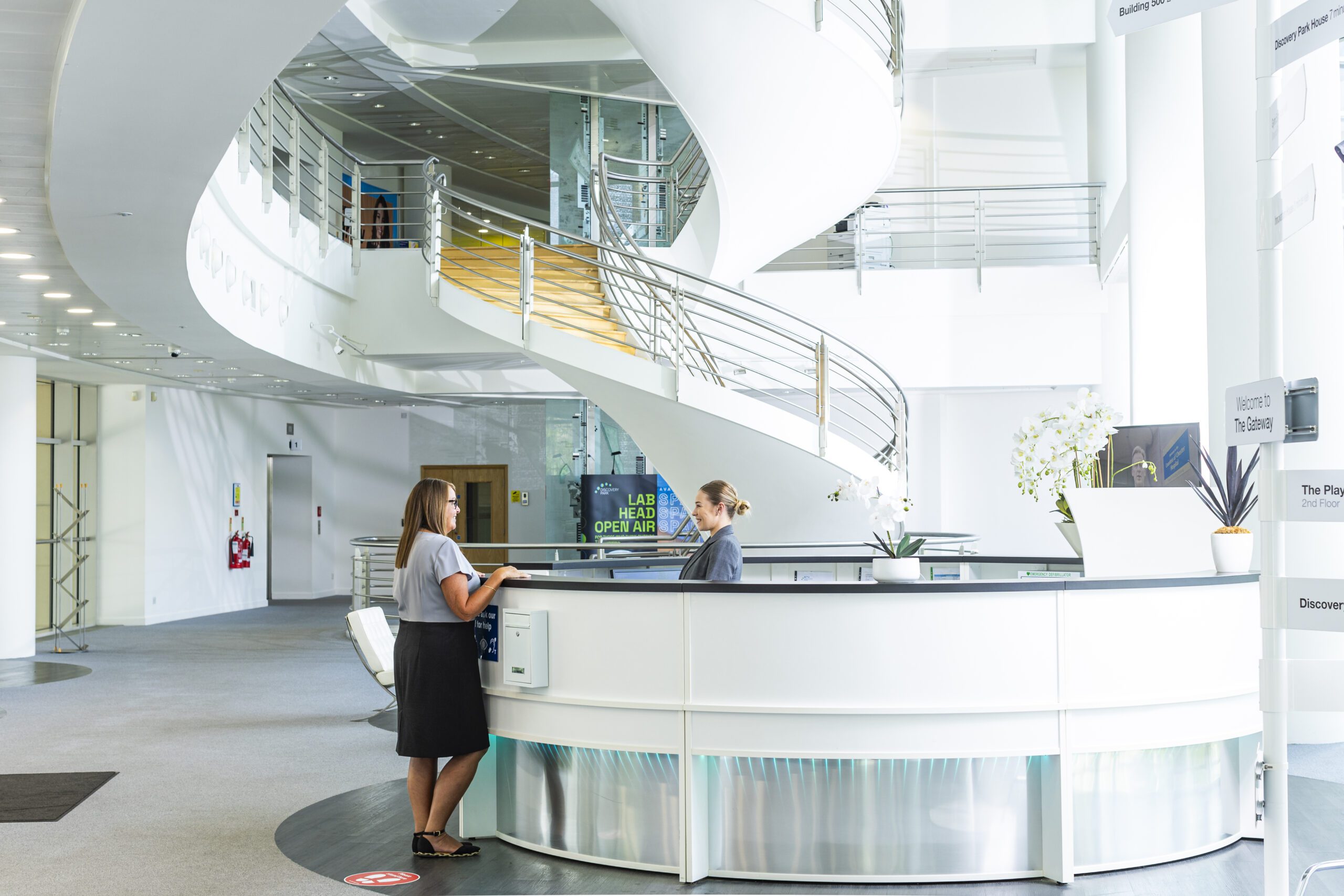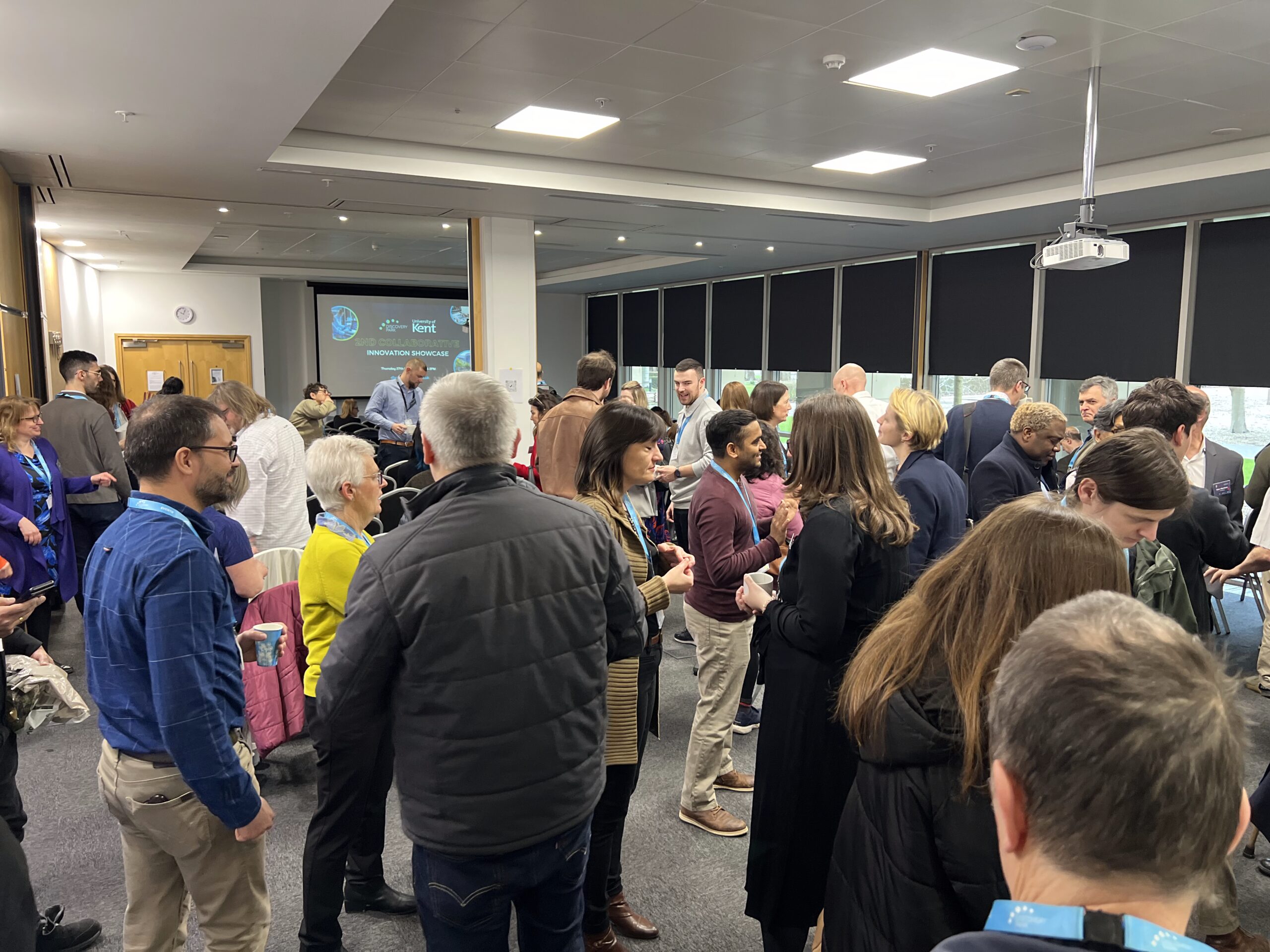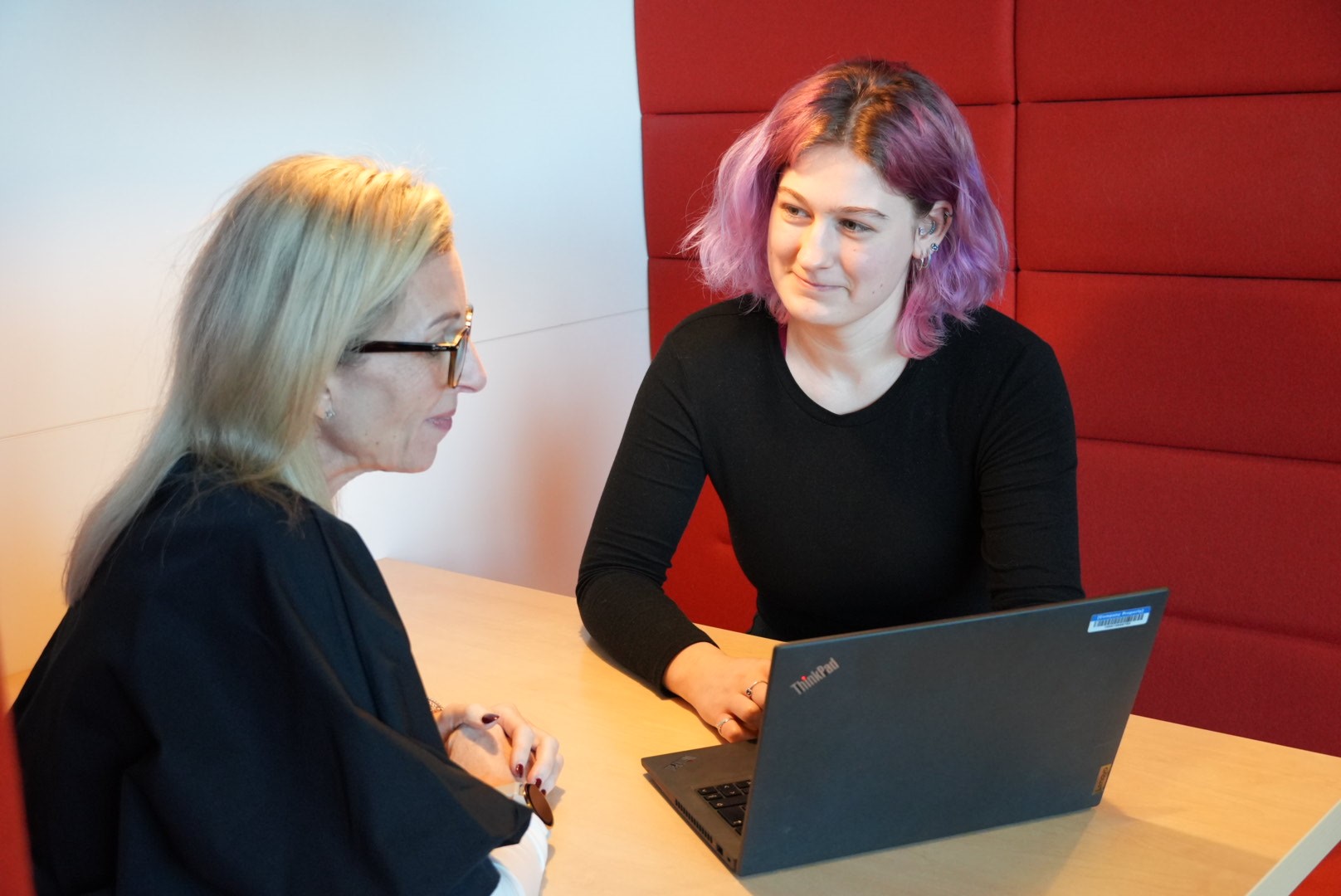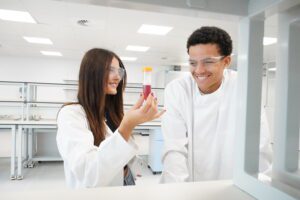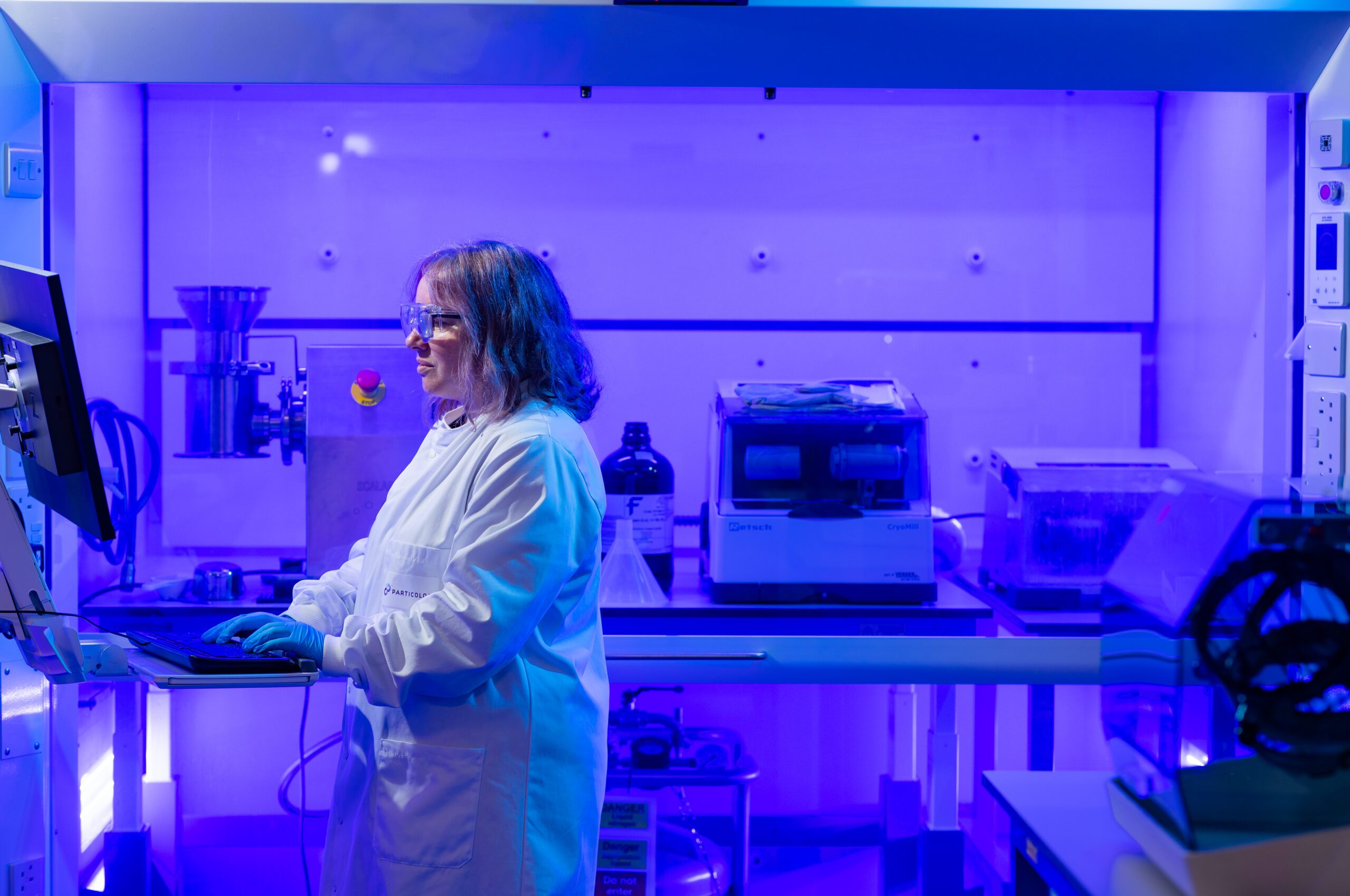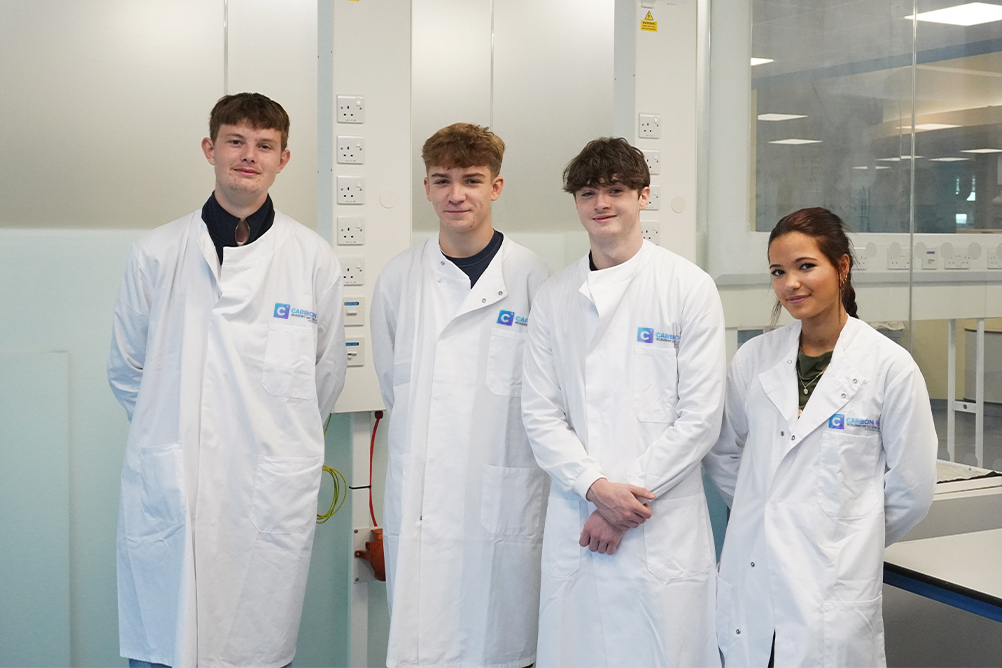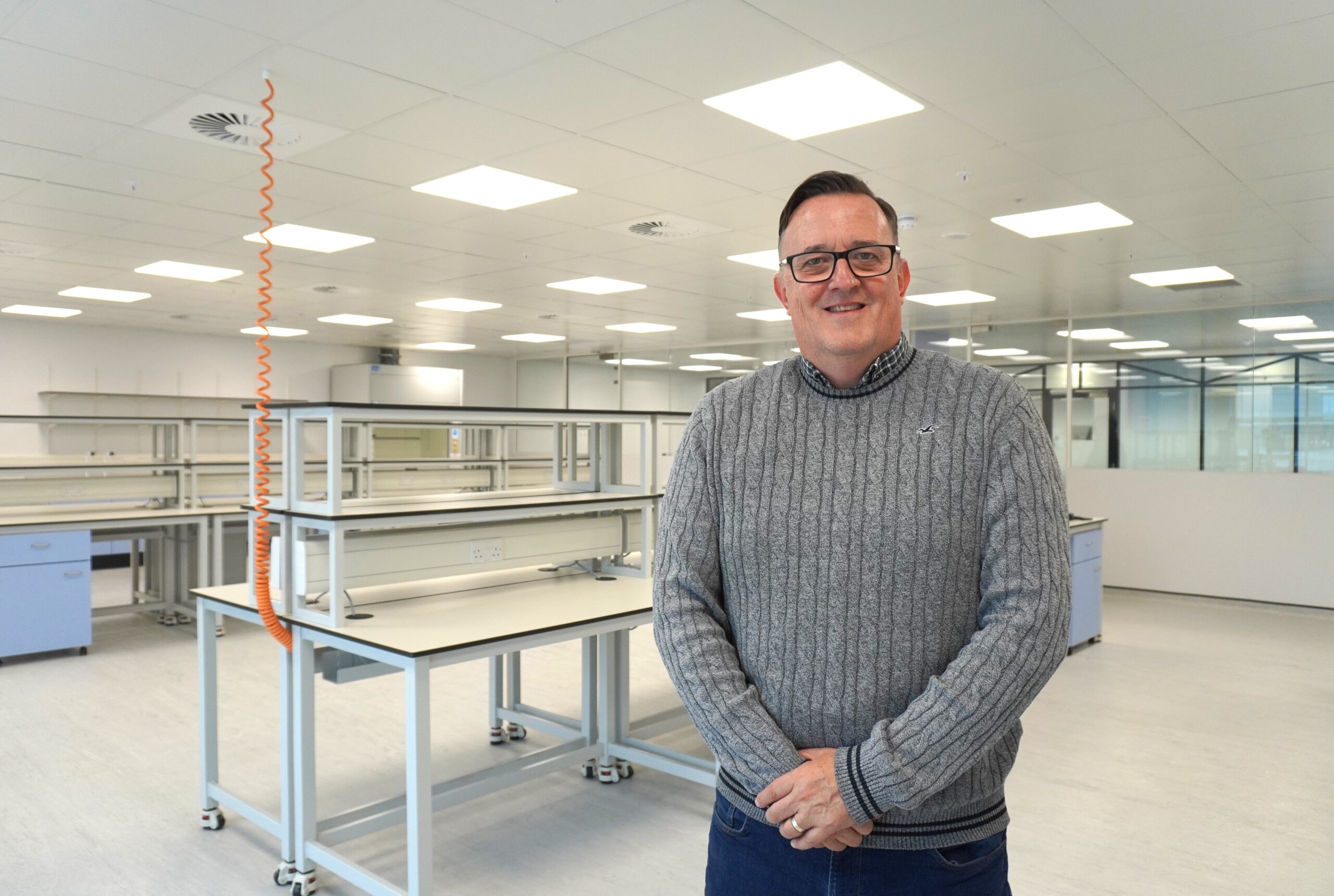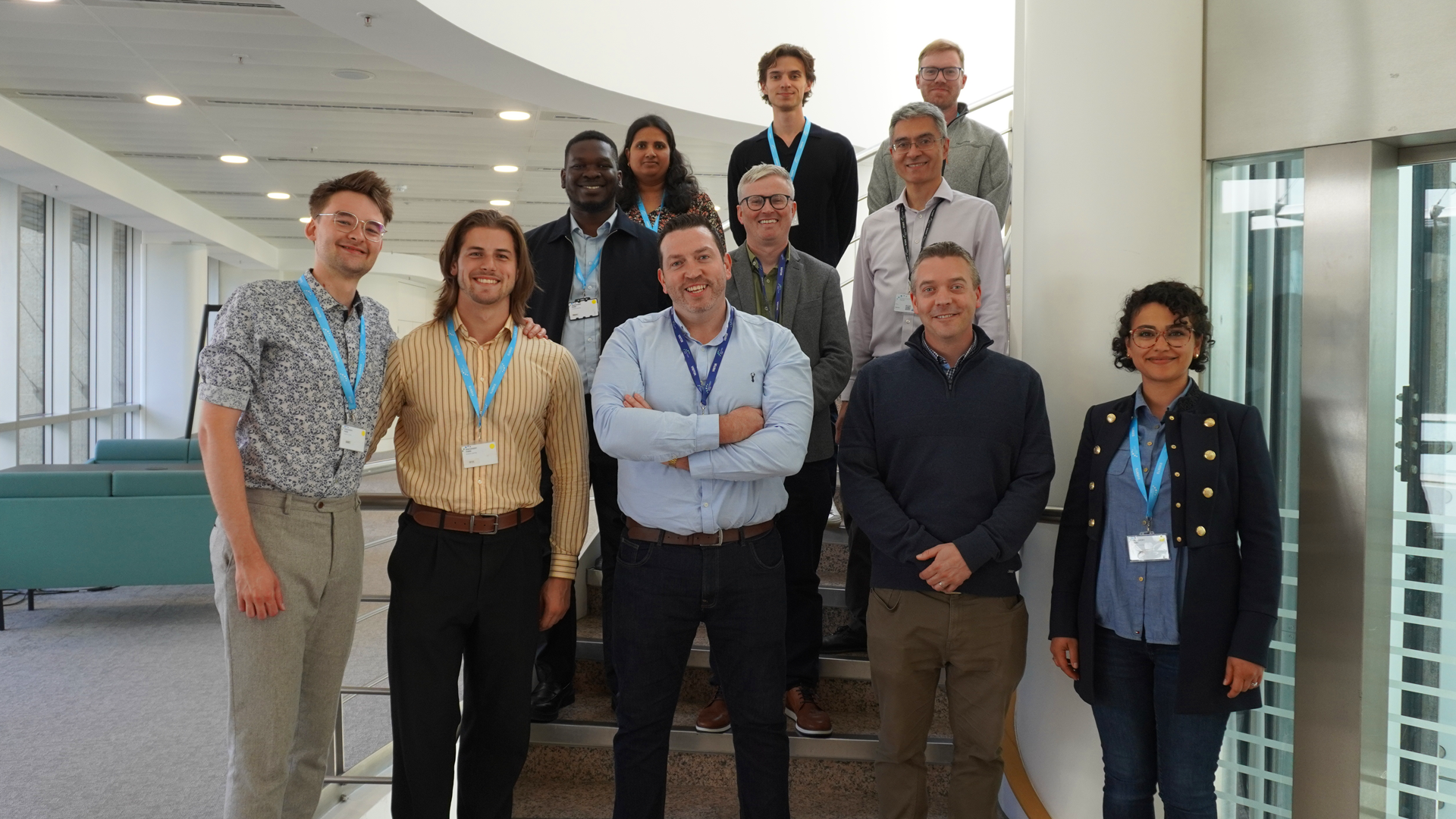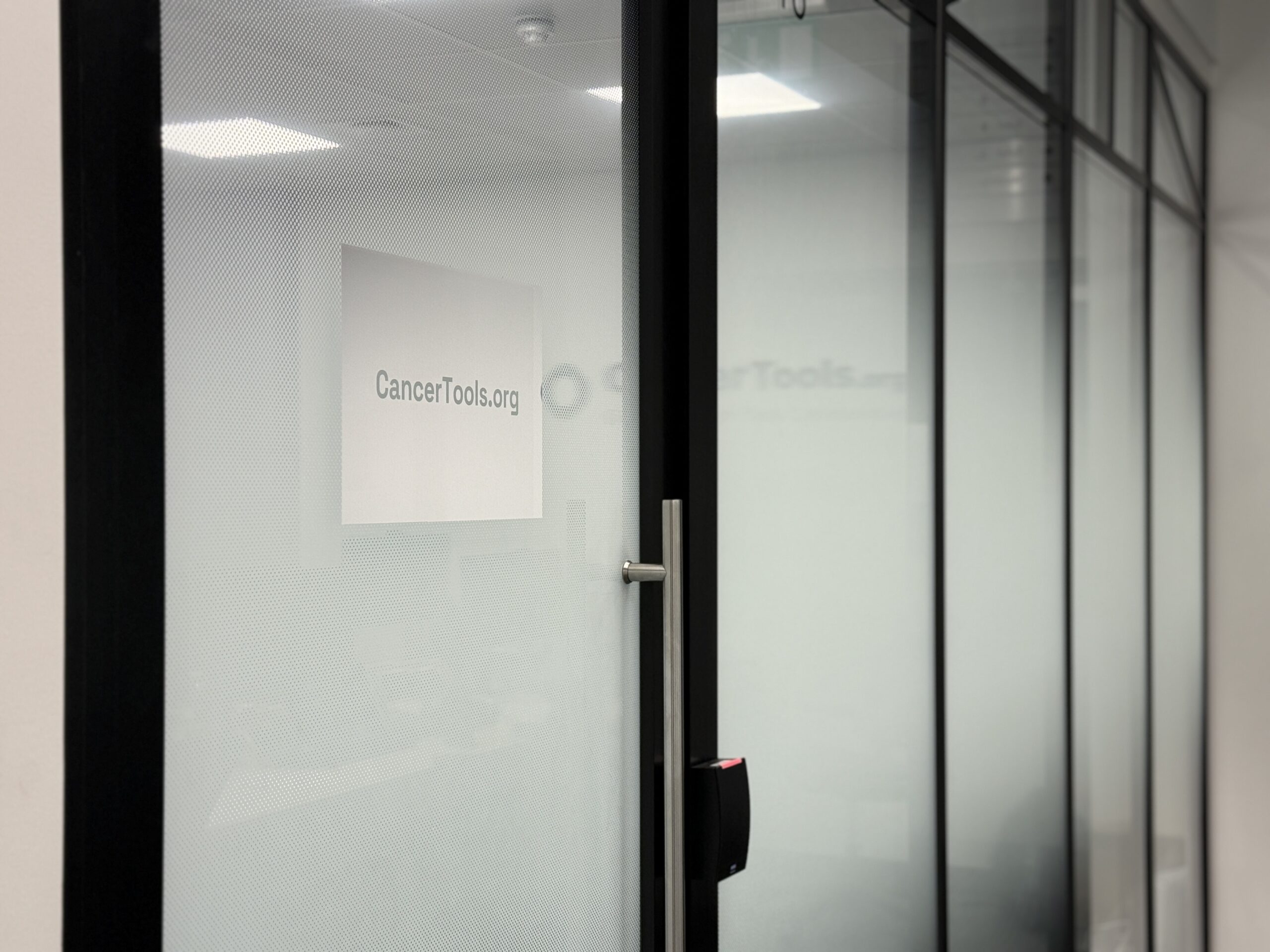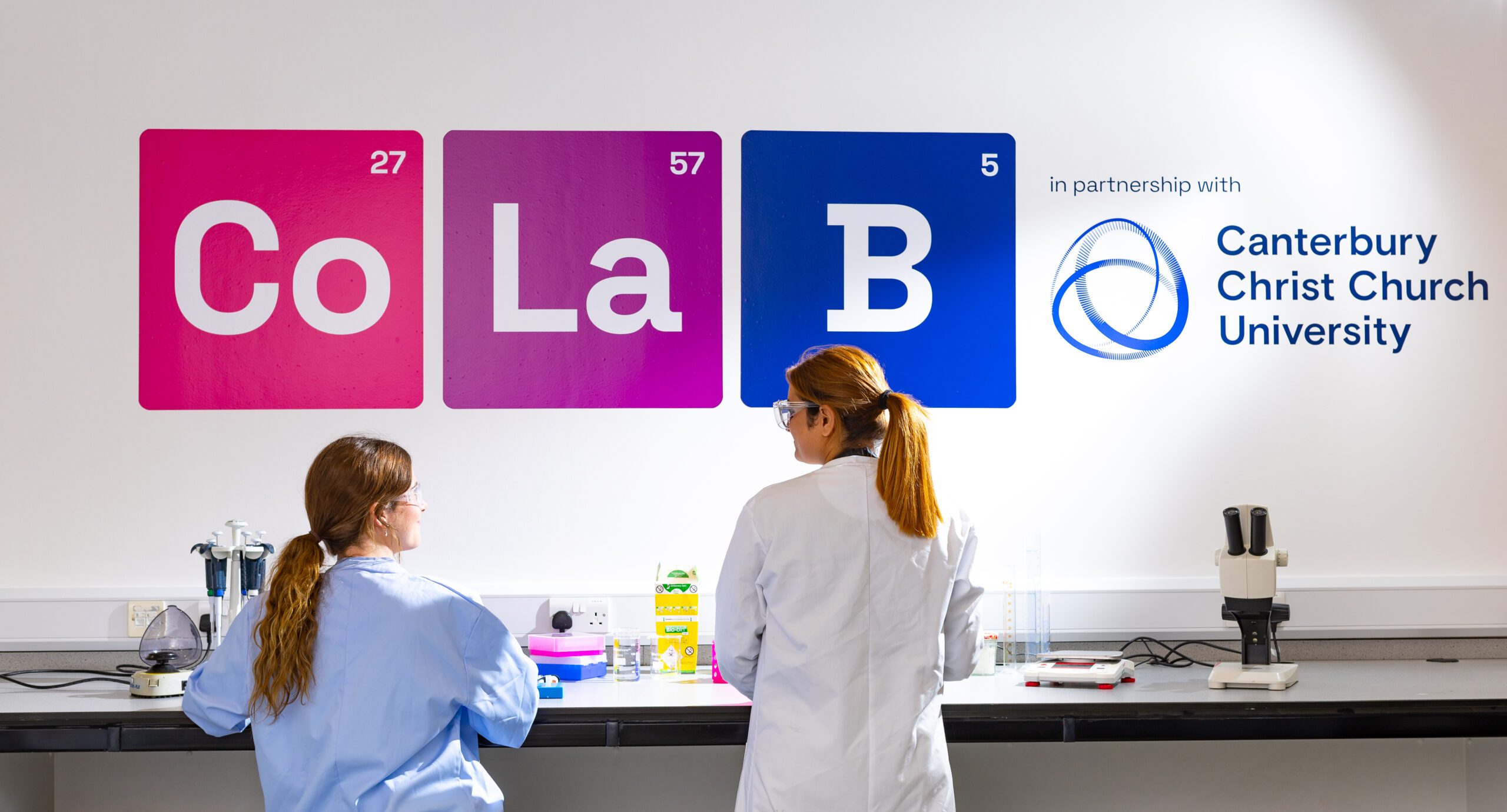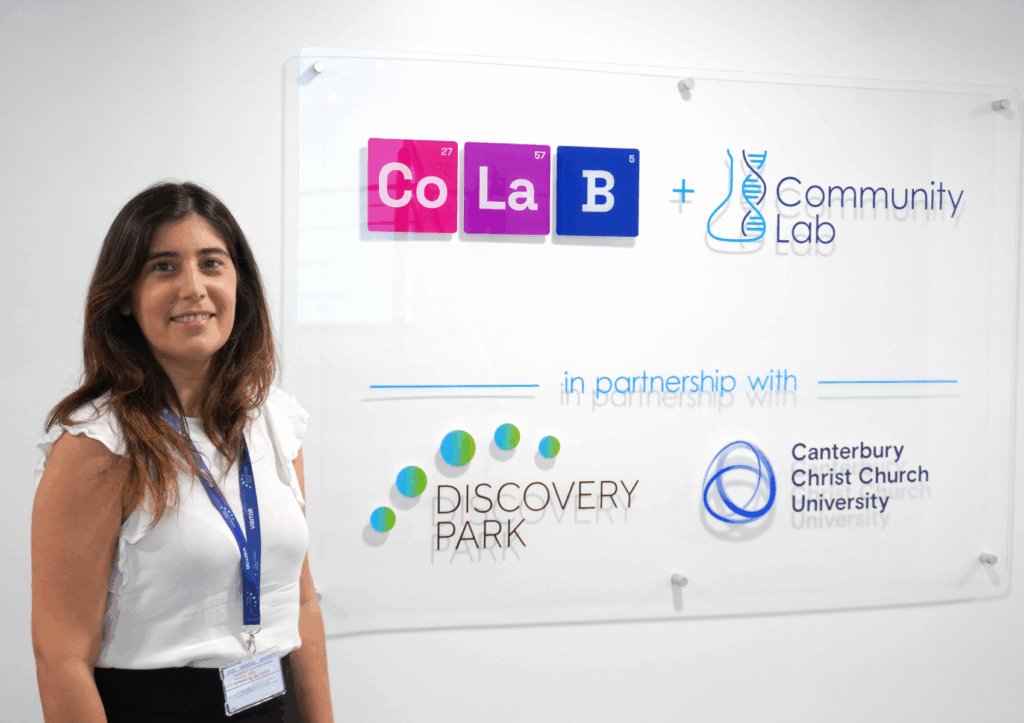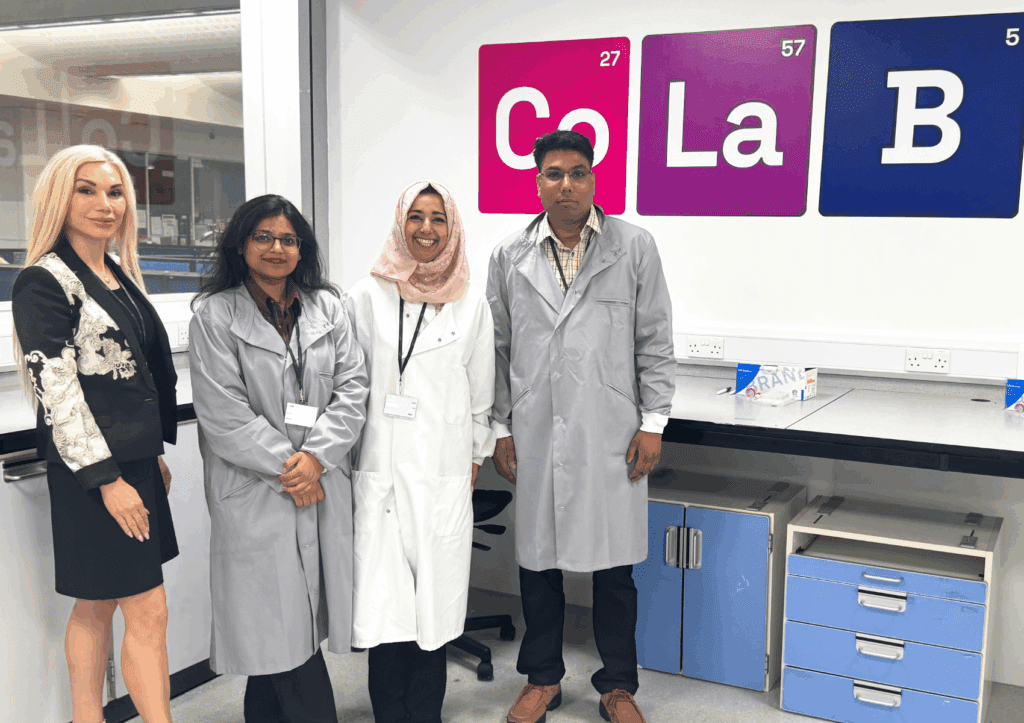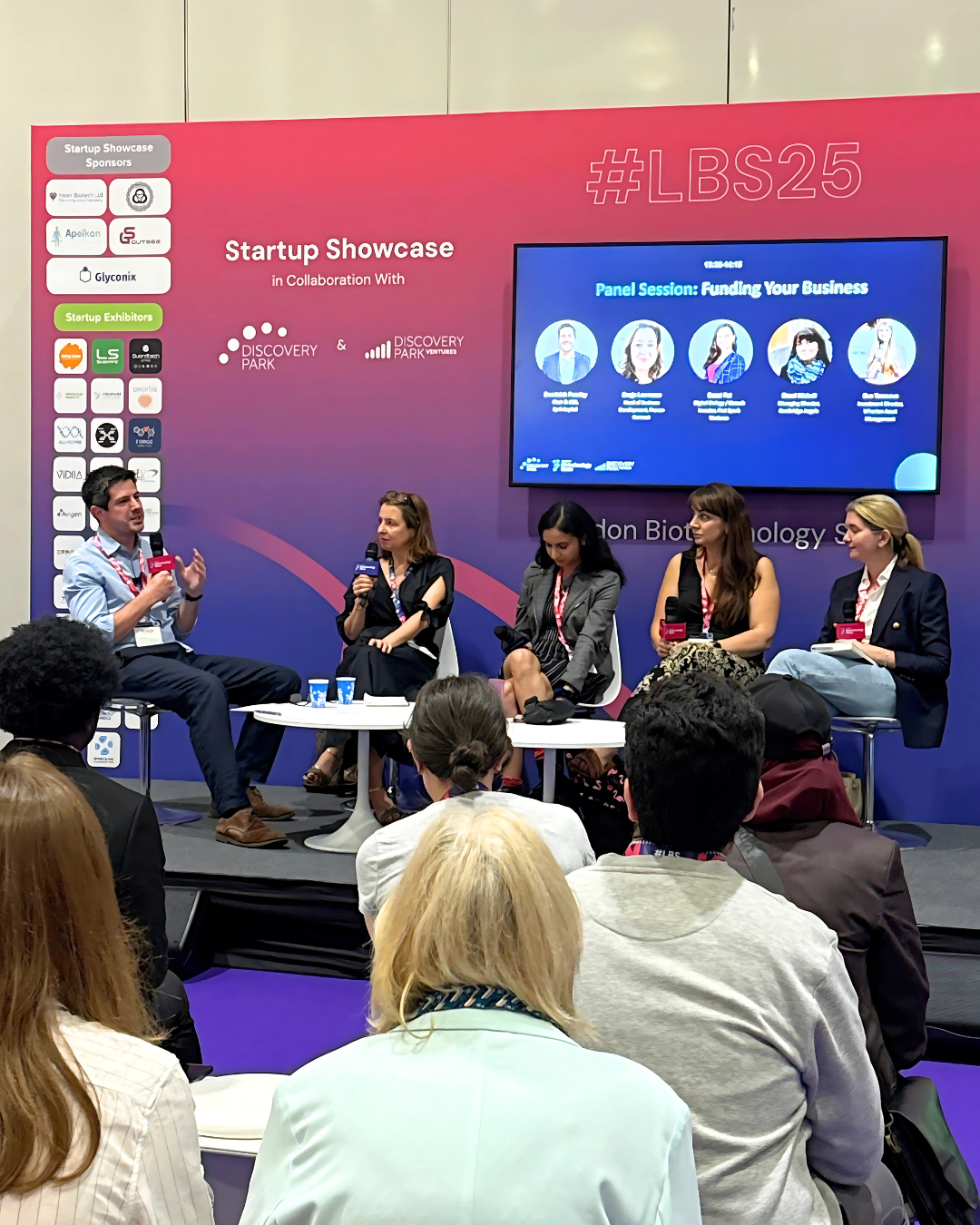18 months on, three former Pfizer employees explain how they’ve seized opportunities to fill gaps in the market
In November 2023, Pfizer announced plans to discontinue its pharmaceutical sciences small molecule capabilities at its Discovery Park location in Sandwich, UK, to consolidate the facilities at two sites in the US and India. This decision, which impacted around 500 roles, was met with shock, sadness and an outpouring of support from the scientific community.
However, in the 18 months since, a number of ex-Pfizer employees have led the formation of a variety of startups which, with the support of Pfizer and Discovery Park – where many of them have remained – have been able to hit the ground running.
Chemistry World speaks to three ex-Pfizer employees who have taken the challenge of redundancy and turned it into an opportunity to funnel their expertise into exciting, and much needed, new ventures.
Particology
Ivan Marziano, previously a research fellow at Pfizer, was just about to mark his 25th year at the organisation when the redundancy announcement was made. However, by August 2024 he and his five co-founders, also ex-Pfizer, had launched Particology; a contract research and development organisation providing expert particle technology services to the pharmaceutical, nutraceutical, agrochemical, cosmetics and veterinary medicine industries.
‘When you look at drug development, most of the emphasis is on the synthesis of the active ingredient and then on its formulation, but there’s an often neglected area between the two,’ Marziano explains.
‘Essentially, we aim to fill that space to make sure that when you complete your synthesis and turn your active ingredient into particles, these have the right chemical and physical attributes to ensure successful formulation.’
The company is based at Discovery Park using the same lab space that some of the team were already working in, which, Marziano says, was ideal because many of the facilities were bespoke, with equipment that they themselves had purchased.
When his colleagues came to him with the idea of starting their own company, Marziano says there were three main reasons he agreed to join them, rather than accept an offer of employment from a more established party.
‘The first thing was the fact that we’d applied a certain drug development philosophy in all the projects that we worked on together, so we wanted to try and apply those workflows for the benefit of other companies,’ he says.
‘The second thing was that we share a certain set of values and have a lot of respect for one another, but at the same time, we knew that building that similar environment in another big company was going to be different and difficult, so we wanted to preserve that ethos.’
Finally, he said that they were very keen to remain in the Sandwich area.
‘East Kent is a deprived area and the thought that we could do something to help the scientific community through outreach and creating employment opportunities was particularly appealing,’ he explains.
For Particology, and many other startups that have arisen following the redundancies, the support from Discovery Park has been hugely important in providing advice and contacts to aid them in the legal and practical sides of setting up a new business.
‘They were foundational in helping us form an understanding of the basics of the business, and making contact with other parties that could help us in our journey,’ Marziano says. This support, partnered with their collective expertise, meant that once they’d agreed the lease on the facilities and paid for the equipment they were up and running and able to produce billable hours relatively quickly.
Since then, the company has gone from strength to strength, doubling in size in less than a year and recruiting new talent in a variety of roles. Marziano says he’s also really excited about the fact that they’ve started to establish relationships with local research institutions, including the University of Kent and Canterbury Christchurch University.
The biggest surprise for him venturing out into the startup world was realising just how insular he had become working for a big corporation.
‘I did not feel the incentive to just look outside my immediate environment,’ he says. ‘And now that I find myself in this position, I realise that there is a thriving scientific and business community within Discovery Park – it’s been amazing to talk to people and start thinking about projects that we can work on together.’
Matheus Engineering
Jinu Mathew and her husband Suju both worked at Pfizer for nearly 20 years, so the news that they were being made redundant was met initially with shock and then sadness that they were going to lose the ‘family’ that had formed over that time.
However, several years previously Suju had mentioned that he aspired to venture out alone at some point. ‘[At the time] I brushed the idea aside, saying that nobody in their sound mind would leave a job to start their own business,’ says Mathew. The pair also had to consider that starting a company with just the two of them would mean, to a certain extent, they would have to put ‘all eggs in one basket’.
‘When there are different founders in an organisation, it’s a bit easier because your family is not at risk, whereas we had to consider that aspect as well,’ she says.
Like Marziano, they were fortunate to benefit from a variety of support offered by Pfizer and Discovery Park, and it was during one of the talks they put on that the Mathews were inspired to ‘take the leap’.
‘You’ve got to do it at the right moment with the right opportunities there. We were getting lots of support, and we felt that was the moment, if we were going to make it, we had to do it.’
Combining the Mathews’ collective expertise in chemistry, physical organic chemistry and chemical engineering, Matheus Engineering covers all aspects of scaling-up chemical processes, with the core mission of bridging the gap between lab and plant.
‘We identify problem statements in a small-scale vessel and design bespoke scale-up solutions,’ she explains. ‘Evaluating and predicting the future performance of a process is vital for scalability and sustainability. Batch failure remains one of the most critical challenges in manufacturing, often leading to production delays, increased cost and compromised quality.’
Their work is not purely lab-based, but a combination of experimental and theoretical approaches. ‘We handle all unit operations,’ Mathew explains. ‘Reaction is only one part of the whole picture when you make a molecule, then you need to get the molecule out of the pot and turn it into an end product.’
‘We knew there was a niche market there, but it takes a lot to turn it around into a business,’ Mathew adds.
Due to the specific skill set required for the work, Mathew says anyone they recruit into the team needs to be carefully trained, so they knew patience and perseverance would be the key to building the company up.
‘There are certain things which require decades of experience and training in highly specialised areas – that’s the heart of the business,’ she explains. In October 2024, they hired another ex-Pfizer colleague and a fourth member of the team will be starting in July.
Also still based at Discovery Park, in a lab that Suju helped to design in 2006, the Mathews were fortunate to have access to advice around setting up the various supporting functions critical for a startup, including accountancy, insurance, waste management and procurement, which Mathew admits she had never had to deal with before.
‘We have an IT group based in Discovery Park who are managing IT infrastructure for all the startups, so that was a massive help,’ Mathew adds. ‘If nothing existed there, it would have been a bit of a challenge.’
Every day they have to wear multiple hats, she says: ‘You are a scientist by heart, but as a business owner that’s not what you do all the time. 10am I am doing lab work, but 11am I’m an accountant, or an EHS [Environmental, Health and Safety] person.’
However, she says there are ‘no regrets’ and that she is looking forward to catering to their niche market and building a vibrant scientific team that in many years’ time they can look back on and be proud of.
Biowaived
A pharmacist by background, Mark McAllister led the global biopharmaceutics group at Pfizer, a group of around 25 scientists spread across the UK, US, Europe and India, focused on predicting formulation performance using laboratory and computational tools.
‘For those of us who were located in the UK, the [redundancy] announcement was hugely impactful but we very quickly came to the conclusion that fundamentally we enjoyed what we were doing,’ says McAllister.
He and his colleagues had had conversations about starting their own business back in 2011, when Pfizer announced it was exiting Sandwich (a decision that was reversed in part). The announcement in 2023 gave them the chance to revisit those conversations, ultimately leading to the establishment of Biowaived, which aims to deliver biopharmaceutics and dissolution strategies to help support companies with drug product development.
‘We felt [Biowaived] would be really valuable to other companies who didn’t have their own biopharmaceutics group, and we thought we could make a difference to them in terms of understanding drug product design and performance in patients,’ says McAllister.
McAllister explains that biopharmaceutics, not to be confused with biopharmaceuticals, is a multidisciplinary area comprising formulation, drug delivery, clinical pharmacology, regulation and analytical science.
‘It’s all around understanding what happens to the drug product when a patient takes it – where physiology meets pharmaceutics. Our science is unravelling the complexity of that process.’
From their own experiences of trying to access new technologies, new capabilities and additional support at Pfizer, McAllister and his four co-founders knew there were ‘only a handful’ of companies that do what Biowaived does with the same level of expertise.
‘We’re not a big [contract research organisation] like some of the other players who specialise in this area, and I think that’s where our strength is,’ he says.
Biowaived was established in April 2024 and became operational in September. As well as receiving considerable support from Pfizer and Discovery Park – where they too are based – they also worked with Kent County Council on their small business boost loan to provide them with the funding to expand in those early months.
They were able to work quickly to secure lab space, reconfigure the laboratory operation and agree a deal to buy equipment from Pfizer. However, moving from a science-based role to a business that delivers the science required them to adopt a new way of thinking.
‘The challenge … is thinking about the balance between consolidation and growth and being able to have everything that you need to go out and talk to other companies confidently; to be able to say “we can do this work for you”.’
As a team they have had to dedicate time to thinking about what Biowaived looks like to the outside world.
‘None of us are really good at social media – it’s that external aspect that is difficult and it’s only in the last few months that we’ve begun to be a bit more confident about that and think about how we tell our story to others,’ McAllister says.
Moving from a big company to a small startup also comes with the realisation that ‘there’s stuff you’ve just got to do’, McAllister says, which can mean the boundaries between life and work can become blurred. But there are benefits to this too.
‘We were able to set up a three-way collaboration with just a half hour meeting,’ says McAllister. ‘That would have taken a couple of months in big pharma.’
Biowaived is now starting to grow, with the recruitment of three employees and plans to bring on more in the next year. McAllister admits they are further along than they initially expected.
‘If somebody had said to me this time last year, we will be running a business that can pay its bills, that is engaging with a number of different clients, is growing in terms of we’ve got first employees coming on board, we’ve got access to all the laboratory equipment we need, we, importantly, also have the critical software we need through a strategic partnership with Certara … I wouldn’t have believed them.’
Article originally published on ChemistryWorld, written by Julia Robinson, Science Correspondent.
Copyright: ChemistryWorld /Julia Robinson.
https://www.chemistryworld.com/careers/the-startups-that-grew-out-of-the-pfizer-redundancies/4021629.article

